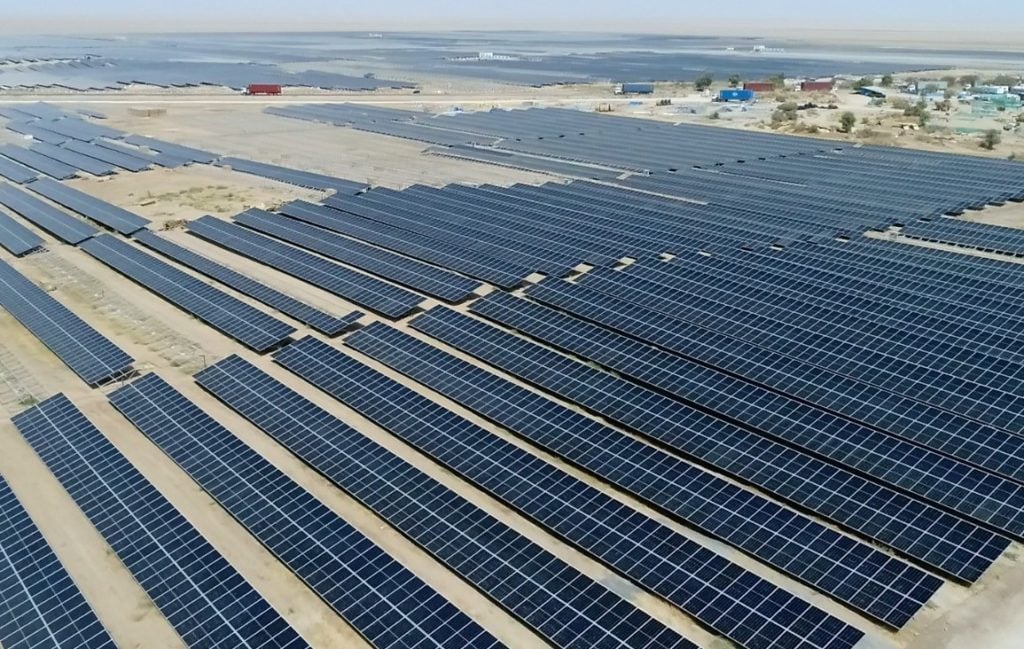
Indian solar importers will no longer be permitted to defer payment of the country’s basic customs duty (BCD) following a new order from tax authorities.
In a communication published on Saturday, India’s Central Board of Indirect Taxes and Customs (CBIC) said some solar power generating units had been granted permission to warehouse imported solar modules, thereby deferring payment of the BCD, which features a 40% import duty on solar modules and 25% duty on cells and has been in place in since 1 April 2022.
Try Premium for just $1
- Full premium access for the first month at only $1
- Converts to an annual rate after 30 days unless cancelled
- Cancel anytime during the trial period
Premium Benefits
- Expert industry analysis and interviews
- Digital access to PV Tech Power journal
- Exclusive event discounts
Or get the full Premium subscription right away
Or continue reading this article for free
CBIC had previously advised that BCD payments for imported goods stored in bonded warehouses could be deferred until they are cleared from the warehouse for domestic use, with no interest payable on the duty. If the finished goods are exported instead, the BCD would not be payable.
The latest communication however said previous permissions should be immediately reviewed and further permissions should be denied.
Vinay Rustagi, managing director of consultancy Bridge to India, said the government’s clarification is helpful “as domestic manufacturing needs clear and consistent policy support”.
He added: “Now that the government has identified make in India as a priority, it needs to go all out to ensure that there are no loopholes or mixed messages on this front.”
The news follows India’s power minister, R K Singh, doubling down on support for the BCD, telling reporters last month that there were “no plans” to change the policy despite rising module costs and a limited domestic supply. “I don’t want any Chinese imports and want everything made in India,” Singh was reported as saying.
Research released last month by ratings agency ICRA revealed that solar module and cell prices had increased by more than 40% over the previous 18 months due to rising polysilicon prices, leading to cost constraints for solar developers in India.
That rise tallies with analysis from consultancy JMK Research & Analytics published in April, which said module prices in India had jumped by around 38% in the previous 20 months, with prices not expected to fall until the end of next year.






